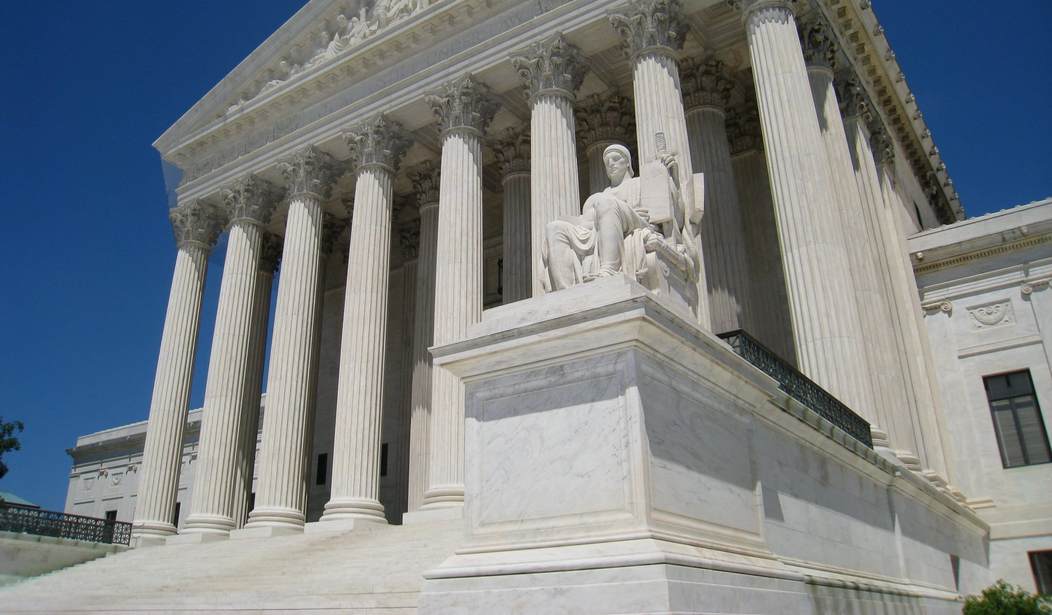On Friday, the Supreme Court announced its ruling in Carpenter v. United States, a privacy case. In a 5-4 decision, the Court ruled that the FBI could not obtain cell-site location information (CSLI) over a long period of time on a suspect without probable cause.
The Court ruled that the Fourth Amendment “protects not only property interests but certain expectations of privacy as well.” The cell-site records in question “give the Government near perfect surveillance and allow it to travel back in time to retrace a person’s whereabouts, subject only to the five-year retention policies of most wireless carriers.”
The Supreme Court ruled in favor of convicted robber Timothy Carpenter. Between December 2010 and March 2011, people in the Detroit, Mich., area conspired and carried out armed robberies at RadioShack and T-Mobile stores in Michigan and Ohio. The FBI used CSLI data from Timothy Carpenter’s phone to determine that he was within a two-mile radius of four robberies.
On this information, the government charged and arrested Carpenter. A judge later convicted him on several counts of aiding and abetting a robbery. He was sentenced to 1395 months, or 116.25 years, in federal prison.
Wireless carriers produced CSLI on Timothy Carpenter for 127 days, showing 12,898 location points. While it seems Carpenter was guilty of the crimes, the Supreme Court ruled that the FBI was unjustified in taking his cellphone location information without a warrant.
Chief Justice John Roberts delivered the opinion of the Court, in which Justices Ruth Bader Ginsburg, Stephen Breyer, Sonia Sotomayor, and Elena Kagan joined. Justice Anthony Kennedy wrote a strong dissent, in which Justices Clarence Thomas and Samuel Alito joined. Justice Neil Gorsuch also filed a dissenting opinion.
While the Court restricted the government’s ability to obtain cellphone records, Roberts insisted that the decision is “narrow.” Carpenter v. United States “does not express a view on matters not before the Court,” and leaves in place “conventional surveillance techniques and tools, such as security cameras.” It also did not address other business records that might reveal location information incidentally, or other collection techniques involving foreign affairs or national security.
Kennedy argued that the Court’s new rule “puts needed, reasonable, accepted, lawful, and congressionally authorized criminal investigations at serious risk in serious cases, often when law enforcement seeks to prevent the threat of violent crimes.” He argued that previous rulings enabling the government to request information from third parties should stand in cases like these.
“Adherence to this Court’s longstanding precedents and analytic framework would have been the proper and prudent way to resolve this case,” Kennedy wrote.
“The Court errs, in my submission, when it concludes that cell-site records implicate greater privacy interests—and thus deserve greater Fourth Amendment protection—than financial records and telephone records,” he argued. “A person’s movements are not particularly private. … Millions of Americans choose to share their location on a daily basis, whether by using a variety of location-based services on their phones, or by sharing their location with friends and the public at large via social media.”
This case dealt with thorny issues of privacy, and the justices seemed far from united on the best way to handle them. Kennedy, Thomas, Alito, and Gorsuch each wrote their own opinions, and Gorsuch went on at length about the complexities of privacy law.









Join the conversation as a VIP Member